PRODUCTS
CONTACT US
Ningbo Nide International Co., Ltd.
一一
· Contact person:Jack Zeng
· Mob/Whatspp/WeChat:0086-13738869026
· Email:emarketing@nide-group.com;marketing4@nide-group.com
· Add:No. 169, Wohushan Road, Daqi Subdistrict, Beilun District, Ningbo, China
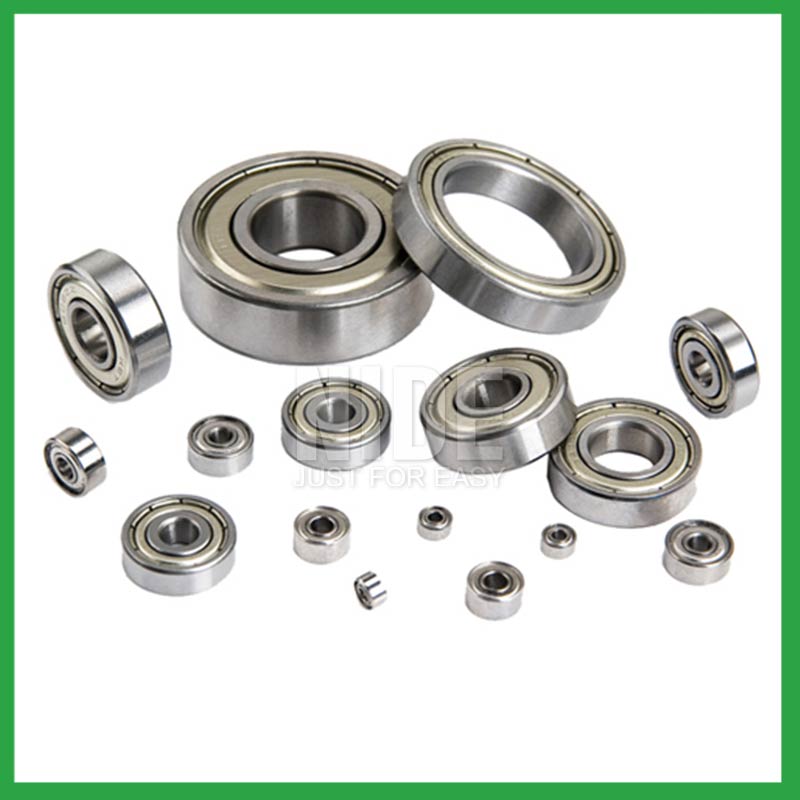
Nide team could manufacture ball bearing as per customer’s drawing and samples.
If customer only has samples, we could also design drawing fo r our customer.
We also provide customized service.
Our ball bearing is widely applied the different industrials.
Established in 2010, Ningbo Haishu Nide International Co., Ltd is a modern enterprise specializing in the production of high-density bearings, with a factory area of over 9000 square meters. We have an excellent staff team, excellent production lines, and complete testing methods. Our main products are spherical roller bearings, cylindrical roller bearings, ball bearing,shaft,fan,carbon brush,thermal protector,motor cover and lamination, etc.
At present, our products have been sold to Europe,Oceania,Africa and other regions, as well as more than 50 countries and regions such as Denmark,Coral Sea Islands,Zambia. Strict quality control system, plus strong technical team allow us to offer the reliable machines to our customers. The philosophy of ” Service, Profession, Prompt, Innovation” help us to win the customer favor.
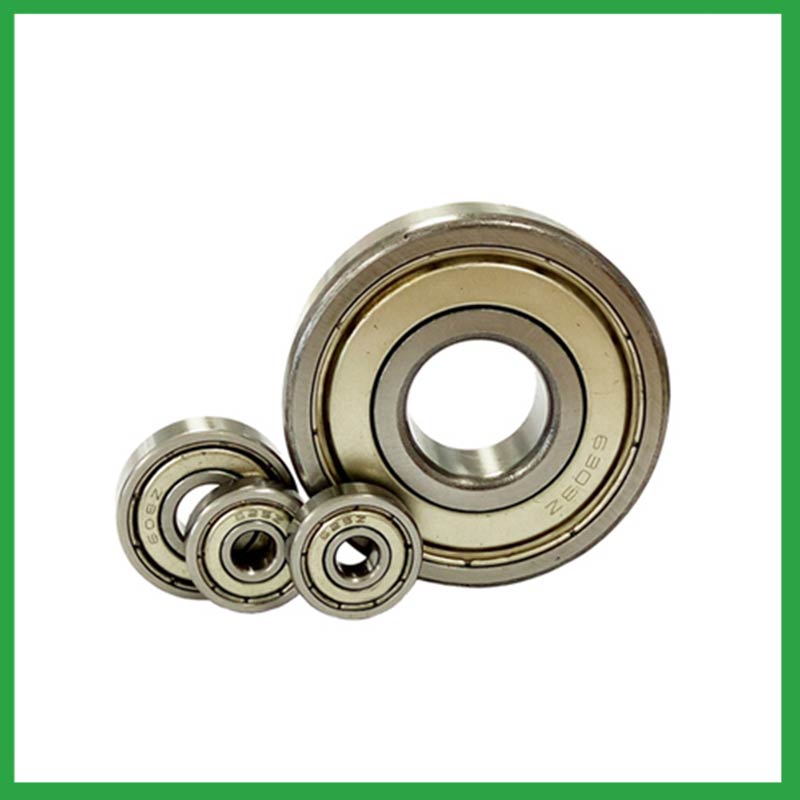
| Parameter | Information |
| Product Name | ball bearing rollers for sliding doors |
| Place of Origin | Ningbo,Zhejiang |
| Brand Name | Nide |
| Material | chrome steel, etc. |
| Type | Ball |
| Warranty | 3months-1year |
| Port | Ningbo/Shanghai |
| Application | high-speed electric tools,fan electric motor, etc. |
| Size(mm) | customize |
| Color | white+customized |
| Precision Rating | as per customer's requirement |
| Certification | ISO 9001 Certification,CE-stator coil winding machine,CE-stator coil winding inserting machine,etc |
| Feature | High speed,Good wear resistance...etc |
| Packaging Details | Suitable for sea transportation |
| Service | one-stop service |
| Model Number | ball bearing |
| Supply Ability | 100000-500000 Piece/Pieces per Month |
| Lead time (days) | 15-20 (To be negotiated) |
Please note: The above table data is for reference only. For specific information, please contact us.
ball bearing rollers for sliding doors is a component with a ball as the rolling element, consisting of an inner ring, an outer ring, and a ball. They form a closed raceway between the rings, and the ball rolls through a curved surface in the raceway.
During the disassembly process, the outer shell should be kept intact to avoid unnecessary damage;
When replacing installation components, attention should be paid to the accuracy of the support components to prevent deformation;
During the disassembly process, attention should be paid to protecting the surface quality of the ball bearing to ensure its performance;
During the operation, attention should be paid to removing surface dust to ensure the quality of the ball bearing.
Ball bearings have many advantages, making them highly competitive in the market.
Firstly, they are very durable and have good wear performance, making their service life longer than many other types of bearings.
Secondly, they are easy to install and can provide low friction performance in various applications.
Thirdly, they require a relatively low level of maintenance, making them cost-effective.
In addition, compared to many other types of bearings, their purchase cost is relatively low, making them an economical choice.
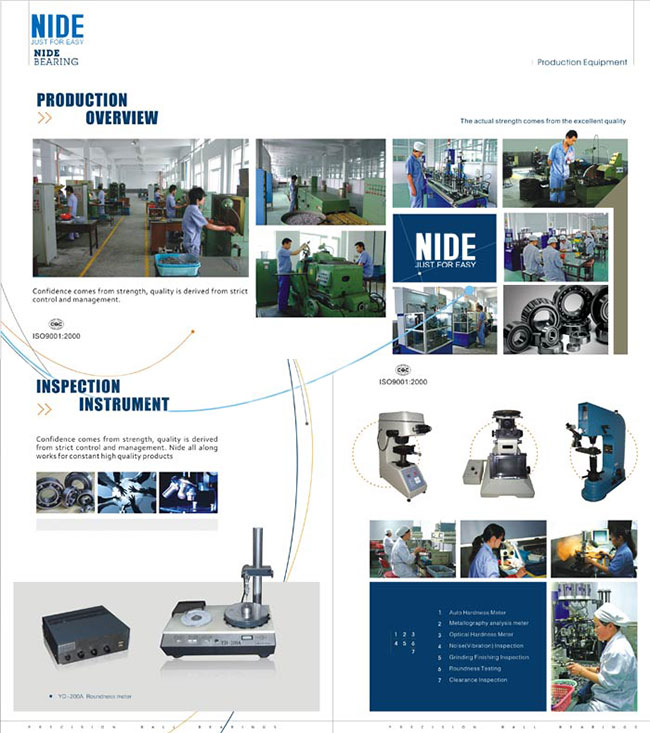
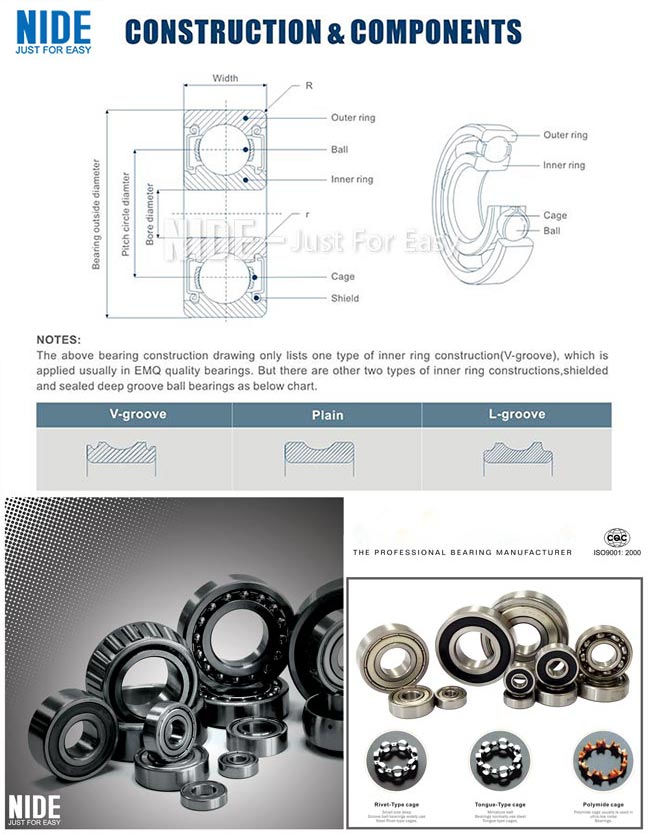
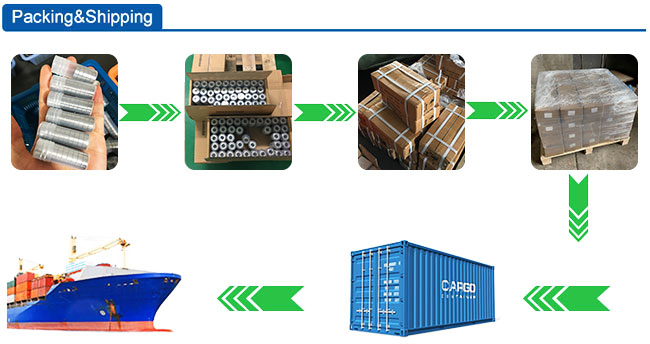
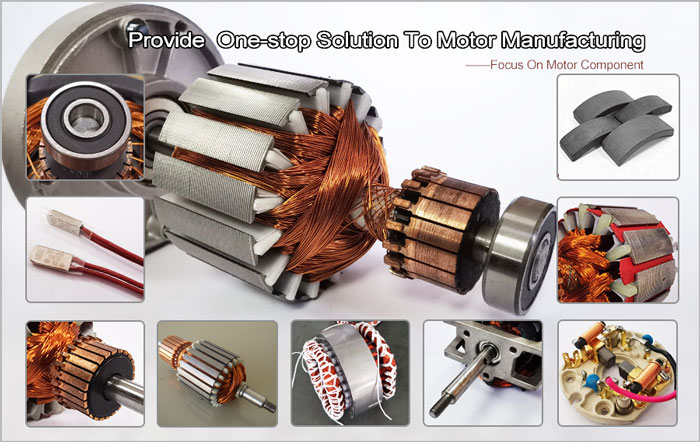
ball bearing rollers for sliding doors---FAQs Guide
2.Can ball bearing rollers for sliding doors operate in high-temperature environments like industrial ovens or furnaces, and how are they protected from heat-related damage?
3.What is the typical noise level associated with ball bearing rollers for sliding doors, and how are noise-reduction techniques applied?
4.Where can ball bearing rollers for sliding doors be used?
5.What is the role of ball bearing rollers for sliding doors in reducing friction and energy loss in rotating machinery?
6.Are there specific ball bearing rollers for sliding doors designed for applications in the aerospace and aviation industries, and what standards do they adhere to?
7.Are there ball bearing rollers for sliding doors designed for extreme temperature environments, such as cryogenic or furnace applications?
8.What are the considerations for selecting sealed or shielded ball bearing rollers for sliding doors to protect against contamination and retain lubrication?
9.Can ball bearing rollers for sliding doors operate in high-speed applications, and what design features make them suitable for such conditions?
10.Are there ongoing research and development efforts aimed at improving ball bearing rollers for sliding doors materials, designs, and lubrication techniques?
11.Can ball bearing rollers for sliding doors be used in vacuum or cleanroom environments, and what measures are taken to prevent outgassing or contamination?
1.What is the significance of ball bearing rollers for sliding doors lubrication, and how does it affect bearing lifespan and performance?
Bearing lubrication is vital for preserving the performance and lifespan of rolling element bearings. Lubrication helps separate moving parts relative to one another, such as rollers and raceways or balls, to prevent wear and tear and friction.
2.Can ball bearing rollers for sliding doors operate in high-temperature environments like industrial ovens or furnaces, and how are they protected from heat-related damage?
ball bearing rollers for sliding doors are capable of working at temperatures up to +842°F (+450 °C). Special lubricants, seals and coatings make this possible by protecting the ball bearings from heat damage.
3.What is the typical noise level associated with ball bearing rollers for sliding doors, and how are noise-reduction techniques applied?
To measure in accurate way the ball bearing rollers for sliding doors noise under rotation during their manufacturing process is a key activity particularly in the production of medium, small and ultra-small deep groove ball bearings. This capability in bearings noise analysis has become the real distinguishing element between a standard bearings noise equipment and a superior class one.
The various types of vibration and sound in rolling bearings can be grouped in four main categories: structural, manufacturing, handling and other. The structural vibration consists mostly of race, click, squeal and cage noise: it can be continuous or intermittent depending on specific cases. The manufacturing vibration is instead related to the waviness noise generated by the geometrical imperfections of inner and outer ring and of rolling elements, being always continuous in nature. The so-called handling vibration is normally associated with flaw and contamination and is generating – in most of the cases – irregular noise. Then there are other types of vibrabition that include noise generated by sealing and lubricant (irregular) or by runout (continuous).
4.Where can ball bearing rollers for sliding doors be used?
ball bearing rollers for sliding doors are very versatile. They can be designed to withstand radial loads, axial loads and combined radial/axial loads at various operating speeds. These characteristics, combined with the relative cost and compactness of the design, give it universal appeal within the industry. Ball bearings are widely used in electric motors, gear reducers and pumps. Serving the automotive, home appliances, aerospace, oil and gas drilling, and mining sectors.
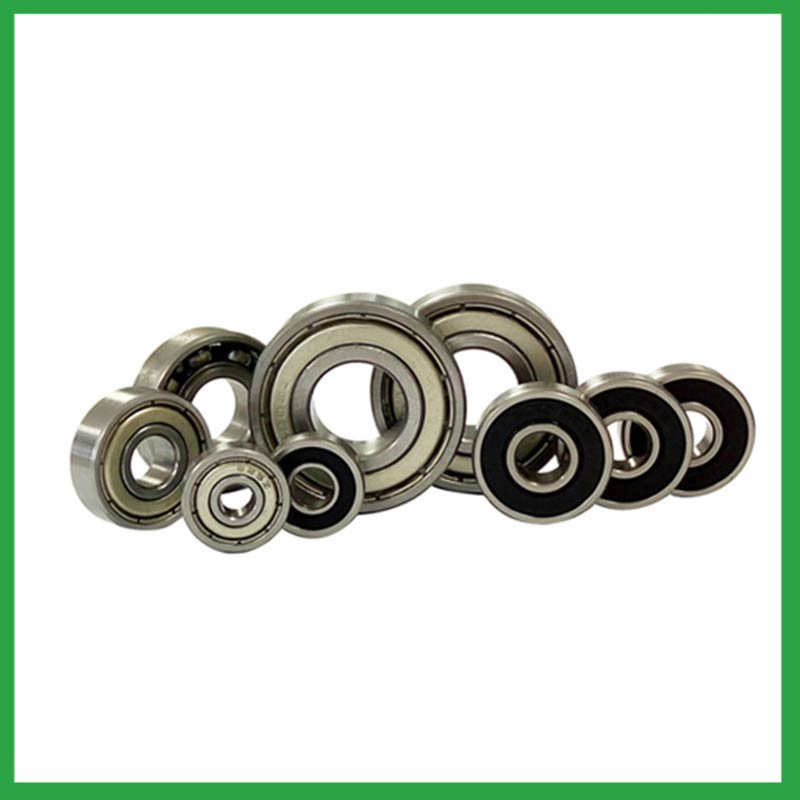
5.What is the role of ball bearing rollers for sliding doors in reducing friction and energy loss in rotating machinery?
ball bearing rollers for sliding doors reduce friction by using smooth balls lubricated with oil or grease that freely roll between a smooth inner and outer surface. The main concept of the ball bearing is that objects that roll past each other produce less friction than if the objects were sliding against each other.
6.Are there specific ball bearing rollers for sliding doors designed for applications in the aerospace and aviation industries, and what standards do they adhere to?
Airframe control ball bearing rollers for sliding doors are specialized bearings tailored for aircraft structures, particularly control systems and surfaces. Designed for low-speed oscillatory applications, they offer precision and support, effectively managing misalignments and flight-induced stresses.
Airframe Control bearings are lightweight, corrosion-resistant, grease-lubricated, and are sealed on most occasions. They come in precision grades for running accuracy.
7.Are there ball bearing rollers for sliding doors designed for extreme temperature environments, such as cryogenic or furnace applications?
High temperature ball bearing rollers for sliding doors use specialized lubricants to stand up to high temperatures. Grease-packed bearings are pre-filled with fluorine grease for high temperatures, while YS and SJ bearings use molybdenum disulfide (MoS2) solid lubricant to withstand temperatures up to 350°C and 400°C respectively.
8.What are the considerations for selecting sealed or shielded ball bearing rollers for sliding doors to protect against contamination and retain lubrication?
First, the environment in which your ball bearing rollers for sliding doors operate in can help you identify potential contaminants, allowing you to select your shields or seals accordingly. For example, shielded bearings have a gap that can allow finer contaminants or water from washdown applications to enter the bearing and get into the raceways.The challenge for sealing bearings is to seal the bearing by protecting the bearing from contaminants and running efficiencies.
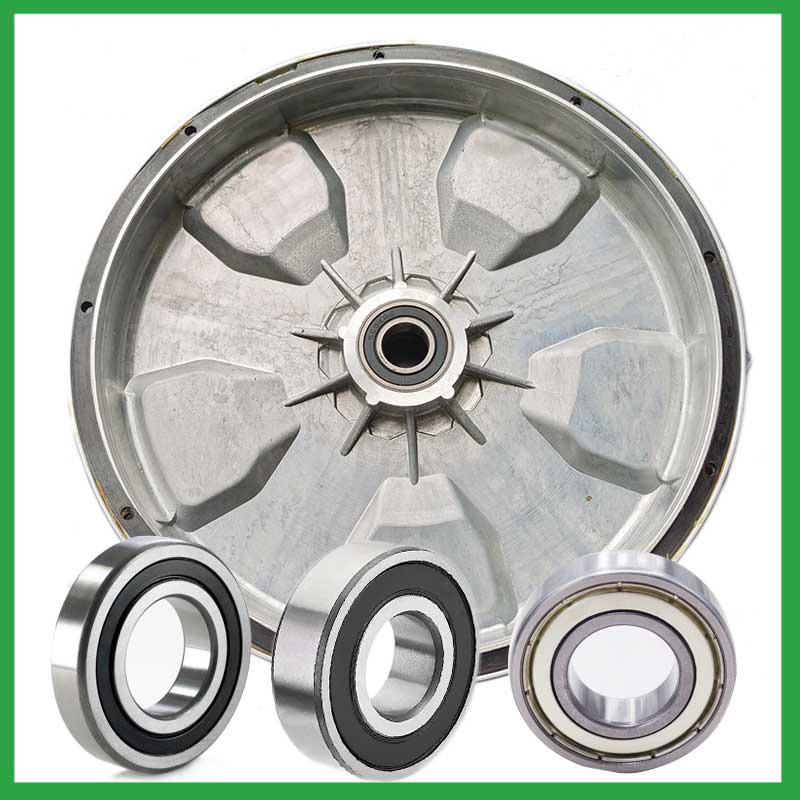
9.Can ball bearing rollers for sliding doors operate in high-speed applications, and what design features make them suitable for such conditions?
They have very low rolling friction and are optimized for low noise and low vibration. This makes them ideal for high-speed applications. ball bearing rollers for sliding doors are comparatively easy to install and require minimal maintenance.
10.Are there ongoing research and development efforts aimed at improving ball bearing rollers for sliding doors materials, designs, and lubrication techniques?
A custom ball bearing rollers for sliding doors can satisfy almost any customer’s needs. Your application may need a needle roller or ball bearing, a radial or angular contact design, a plain carbon steel bearing with anti-corrosion coatings or stainless steel, a thrust bearing or a spherical bearing, tight or loose radial play, sealed or non-sealed designs
11.Can ball bearing rollers for sliding doors be used in vacuum or cleanroom environments, and what measures are taken to prevent outgassing or contamination?
Bearings specify stainless steel for vacuum or cleanroom applications as stainless steels used for the rings, balls and retainer exhibit low outgassing. They usually supply open or shielded stainless steel bearings as vacuum bearings as these will outgas less than a nitrile rubber sealed bearing.

